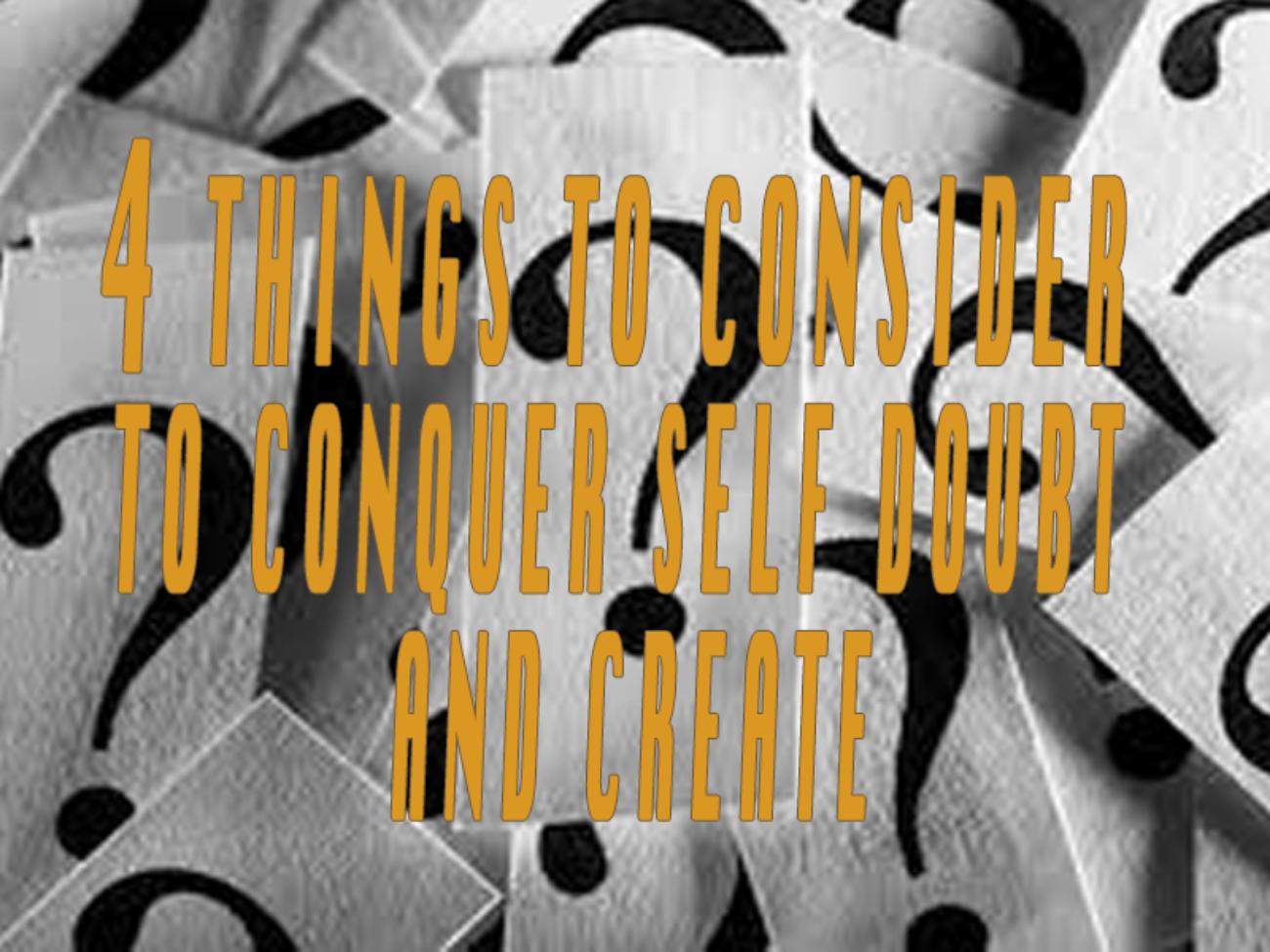Achickwitbeatz presents the Instrumental Intel podcast, bringing you information instrumental to your artistic career including music industry news & tips, insights & interviews, and beats for your inspiration. Listen on Saturdays at 7 pm EST on Grander Radio and Achickwitbeatz.com.
Follow on Facebook, Instagram, Twitter, YouTube Audiomack & SoundCloud, and subscribe on your favorite podcast platform. Download the Grander Media app to listen to Grander Radio on the go.
- Art
- Independent Labels
- Internet Radio
- Music Documentaries
- Album Reviews
- Music History
- Music Industry News
- Free Game Friday
- Free Downloads
- Poetry
- Books
- Interviews
- Did You See It?!
- Hip Hop History
- Hear Here
- Music News
- Hip Hop Documentaries
- Music Marvels Radio Show
- Think Piece Thursday
- Mini Documentaries
- Instrumental Intel
- Music Humor
- Indie Analysis
- Conversations & Quotables
- Music
- Resources for Artists
- Podcasts
- Beats/Instrumentals
- Music Education
00:01
Thank you for tuning in to instrumental Intel. I am music producer, Achickwitbeatz, your host for this podcast. And I got another great episode lined up for you filled with music industry news. Of course, Beats by yours truly. And later my special guest, Wright Way Jay is coming to join me to have a discussion about syncing success and strategy. And so yeah, it's gonna be a great time. Make sure that you keep it locked right here.
00:26
I gotta send a super shout out to my home station, Grander Radio, based out of Grand Rapids, Michigan. And without any further ado, let's go.
13:36
Hey, welcome back to another instrumental Intel Music Biz Brief, the part of the podcast where we break down the latest news and trends in the music industry, especially for all the independent artists out there navigating the biz. I'm music producer Achickwitbeatz and today we've got some exciting and game-changing updates to discuss, so let's dive in. To kick things off, there's been some major legislative news that's been creating quite a buzz.
14:02
The US House of Representatives has just passed the Ticket Act and it's getting a warm welcome from the music industry. This new bill is aimed at making ticket prices more transparent, putting an end to speculative ticketing, guaranteeing refunds for canceled events, and enforcing the BOTS Act to combat scalping. The Fix the Tix coalition, which includes heavyweights like the National Independent Venue Association and Universal Music Group, is strongly backing this bill.
14:29
They're now urging the Senate to pass the Fans First Act, which has garnered support from over 250 artists in a letter to Congress. Live Nation claims they're all about connecting artists and fans to support the live entertainment ecosystem, supposedly, and they acknowledge the ticketing market can be confusing and they say they're pushing for reforms to help fans get tickets at prices set by artists. However, they've criticized the government's focus on Live Nation and Ticketmaster as politically motivated.
14:59
arguing that it doesn't address the real issue of ticket resales at inflated prices. But of course, you know, we have, we know how that goes and we'll have to see how all this plays out. But sticking with Live Nation, they're also dealing with some additional legal issues. A ticket buyer from New York, Abraham Leifers, suing Ticketmaster and Live Nation, accusing them of using their market power to charge excessively high fees. This lawsuit was filed on the same day that the US government launched their antitrust action against the companies.
15:29
And so Leifer claims pretty much the same thing that Live Nation's merger with Ticketmaster in 2010 has caused competition to dwindle, leading to skyrocketing secondary market prices that hurt all ticket buyers. Now let's hop over to the UK, where the festival scene is facing some serious challenges. According to the Association of Independent Festivals, 40 UK festivals have been canceled or postponed this summer, with over 170 disappearing in the past five years.
15:56
Rising operational costs and linear effects of COVID are the major factors here. So the AIF is warning that the trend could get worse, predicting that over 100 more festivals might vanish this year unless the government steps in. So they've launched the 5% for festivals campaign, urging a temporary VAT reduction on ticket sales to help festivals survive. So this is particularly rough for emerging artists as fewer festivals could mean fewer opportunities to perform and grow your fan base.
16:25
Alright, switching gears to the tech world, there's some buzz from the AI music scene. A particular startup called Suno has raised $125 million and in just 8 months they've grown to 10 million users. This funding from big name investors like Lightspeed Venture Partners and Matrix Partners will help them expand their product team. So of course there's some controversy around AI music, especially regarding the potential unlicensed use of copyrighted music.
16:52
Ed Newton Rex and Sony Music have raised concerns and so now, Suno is emphasizing future licensing deals to navigate this tricky terrain and of course this huge influx of cash can definitely help with that. Alright, speaking of legal battles, Sony Music is suing Marriott Hotels for using its songs and social media posts without permission. So Sony claims that Marriott's marketing teams, their licensed hotel operators, and paid influencers all use their copyrighted music in promotional videos.
17:21
So they're looking to stop the infringement and recover damages. So this lawsuit highlights the importance of respecting copyright laws and marketing, which is a crucial reminder for all the indie artists out there creating content. All right, looking ahead, there's some promising news for the music industry. Media researchers predicting a huge growth forecasting the global music industry to nearly double its revenue to 100 billion by 2031. So this growth is driven by diverse revenue streams beyond just streaming.
17:50
but including physical music sales, performances, and expanded rights. So emerging markets in the global South like China are also playing a big role in this. So by 2027, music subscribers are projected to surpass 1 billion, and the industry will be shifting towards monetizing fan engagement with more active participation from audiences. All right, good news for artists who are also TikTok creators out there. They're rolling out TikTok Studio, a new platform to manage your content analytics. This will replace the current.
18:19
creator tools and the creator center website. TikTok Studio is accessible via the web and a standalone app offering features like auto caption, photo editor, auto cut, all the good stuff, along with privacy settings and more management tools. So the platform aims to kind of streamline your content creation process and boost your engagement.
18:39
And now some kind of impressive financial news from PRS for Music. They've reported a 12% revenue increase hitting a record 1.08 billion pounds, which is 1.34 billion in US dollars in 2023.
18:53
So this boost is thanks to subscription streaming and public performance royalties. Over the last decade, PRS's revenue has more than doubled, showing the strength and resilience of the music rights sector. And more of their revenue came from online licensing, international sources and public performance royalties. Finally, wrapping up with some fun tech news, YouTube Music is introducing a new feature that lets you search for songs by humming, whistling or singing.
19:19
So you just tap the waveform icon next to the microphone in the search bar on the Android app and YouTube Music will do its best to identify the tune. So this feature is similar to Shazam. It's been praised for its speed and accuracy, although apparently there are some tweaks that need to be made as it's not without its flaws, but hey, something different. And it's also being tested on iOS. And that's it for today's Music Biz Brief.
19:42
I hope you found the updates insightful. Remember whether you're navigating ticket sales, exploring new platforms, or keeping an eye on industry trends, staying informed is the key to your success. Thanks for tuning in. Don't forget to subscribe, share this podcast with your fellow indie artists, keep making music and chasing your dreams. All right, now we're going to take a quick pause for the cause and be back with special guest, Wright Way Jay to talk about syncing success and strategy, among many other things. Keep it locked.
30:49
Hey, I'm a Achickwitbeatz, multi-genre music producer and strategist to indie artists and labels. Visit achickwitbeatz.com for resources for artists and instrumentals in various genres available for songs, blogs, blogs, podcasts, themes, TV film, commercials, and more. Once again, that's achickwitbeatz.com. That's achickwitbeatz.com. Let's make something happen.
31:20
All right. Thank you for tuning in to instrumental intel with the Achickwitbeatz. And I'm so happy to announce that I have in the virtual building, right way. Jay, how are you feeling? Oh, I'm doing well. And how are you doing today? Great. Great. So if you could, you know, just give everyone a little bit of background. Who is Wright Way Jay? you know, tell us a little bit about where you're from and what kind of pulled you into music. Sure, sure. All right. Well, I'm Wright Way Jay.
31:50
I am from South Carolina, from Darlington by way of Charleston, South Carolina. I've been in music now since about roughly 2018, yeah 2018-2019. I currently have an album out now, Timeless Music Volume 1, you can check that out on all streaming platforms. We have the single All Pro, which is doing very well right now. We're at the number four station in the nation right now in Dallas, Fort Worth, so shout out 97.9. We got the new single, We're Outside, it's gonna be coming out soon.
32:20
How did I get into music? Well, it was really my brother. He was constantly like pushing me and pushing me to get into it. And unfortunately he passed away. And once he passed away, that's when I said, okay, let me go and take this seriously. So I took the money that I made from trucking, bought my own truck, took the money from my truck, reinvested it into the music, and here I am today. Wow, that's an incredible story.
32:47
quite the transition there. Yeah. So, um, who were some of your early musical influences? Like maybe, you know, before you started taking it seriously, if you will. Sure. Sure. Um, I would say the likes of, okay, if you ever remember that double XL of freshman cover, I want to say it was like the 2010 cover, pretty much like 80% of those artists. It was Nipsey, uh, Big Sean, uh, who else? Uh, it was J-Rock.
33:15
Wiz Khalifa and several others, Currency, Kid Cudi, I meant, the list goes on, Kendrick Lamar, J. Cole, like these guys definitely really help inspire me to really get into music and like the stories and their delivery, even their beat selection just all really made me who I am. You know that's a really strong freshman list, I didn't even realize.
33:43
everyone that was included on around that timeframe. That was a really interesting era for music. Absolutely. Yeah, I feel like there was still a lot of diversity, if you will, compared to, I guess, what's kind of promoting the mainstream now. Yeah. Yeah. So some of those heavy hitters, especially the storytelling, what would you say might be like some of the top not storytellers of this generation?
34:11
of this generation. All right. All right. Well, of course, I have to throw Kendrick in there. I have to throw Cole in there. Um, who else would I throw in there? Storyteller. Oh, from this generation. Freddie Gibbs. He's a very good storyteller. Definitely a good storyteller. Um, from this generation. Uh, well, yeah, I'm not talking specifically 2020s because that wouldn't be a fair question, but you still answered that well.
34:40
I appreciate it, but if I was to throw two extras in there, I would throw Biggie and Oz in there. Okay, okay. Yeah. Excellent storytellers. I was just referencing recently about how, you know, when I, at the time when Illmatic came out, I had never actually been to New York. But then when I finally got the chance to go and kind of experience it, I'm like, wow, this album is New York. Like you kind of get to experience it vicariously. And I think that's mainly because of his storytelling.
35:09
Yeah. Do you dabble into that with your music? Oh, absolutely. Absolutely. I mean, I feel like when it comes to telling stories, those, those, those are the best songs because you can like literally close your eyes and picture what's going on. Like when I heard Nas, I gave you power. I can literally close my eyes and literally picture every single word that he's saying. Like it's a movie. Yeah. That's one of those things that I wish we kind of got a little bit more of currently.
35:39
in the music landscape with, you know, some of these rappers that are out now, because some of them are like pretty talented. And it's just, you know, I really, really miss having more of that storytelling aspect. That's always been one of my favorite things, I guess, facets of hip hop. Not that everything has to be that way, but I love when it can be done well, you know? Absolutely. And I think what it was is like, at least during the days of like the nudge in the 90s or whatever, like people's attention spans were much longer compared to today.
36:08
Mmm, that's a really good point. Really good point. Yeah, you can definitely digest it better then versus now. Yeah. So, okay. Um, you said that you got into it around 2018 or so. And so considering that it's 2024 now, what are some of the major things that you would say that you've learned, um, within that timeframe since you started?
36:35
One, the importance of having the right people around you. You know, I've sorted through so many people who would say that, yeah, I can do the job. I can do the job. And then they can't. So it just left me kind of stranded for a bit until I could find more people. And then once I found the right people, I made sure that I kept them secure. I made sure that they were paid. I made sure that there was work always coming in because these were the people who would help me build what I'm trying to build.
37:04
Business-wise, making sure the LLCs are together, making sure the paperwork is together, which is something that a lot of artists don't really think about. They're just like, hey, I'm just going to put out this song, it's going to go super viral and I'm going to make a bunch of money. No. If you don't have your paperwork in order, if you don't have your entities in order, you're not going to make what you think you're going to make. So if I wouldn't give any message to the artists out here, make sure your business and your paperwork is together, that way you can fully reap the benefits of your music.
37:31
Yeah, that's a really excellent point because when that's not taken care of, then, you know, when that money is not flowing like you think it's supposed to, then that frustration kind of hampers the creativity. And so you can't really continue if you don't focus on that. Or like you say, hire the right people around you to help you with it if it's too overwhelming. That's an excellent, excellent point. Great tips to that. Thank you for dropping those gems.
37:59
Um, yeah. So could you tell us a little bit about the nonprofit activity that you've got going on? Yeah, sure. Um, the Lost Souls Survivor Project is actually based around a song that I made, uh, actually around a few years back called Lost Souls, which has actually been gaining a lot of traction as of lately and actually spoke about a friend of mine who recently passed away, unfortunately, and he was actually down bad on drugs. And I actually was speaking about what he was doing at the time.
38:28
how it was affecting me, him and his family and how myself and others wanted him to get on the right path, but he just kept going down the wrong path, which unfortunately led to his demise. So looking at that story, I said to myself, I want to go out here and help people who are battling addictions and get them on the right path. So what we want to do is go to different rehab centers throughout the state of South Carolina and actually begin to help people with those addictions. And
38:58
getting them on the right path and also inspiring others to get on the right path, to get off of that addiction and to become productive citizens. Wow, that's really important work. Most of the time throughout May, usually at some point on the radio show that I was previously on, we would try to highlight some mental health issues because, you know, a lot of artists struggle with addiction.
39:25
in many facets. So yeah, that's excellent work that you're doing. Oh, thank you. Yeah. Thank you for contributing. You know, a lot of people, you know, sometimes with creatives, we do have hearts for certain things, but, you know, it kind of takes a little extra to actually get out there and do something about it. So I have to commend you for that, for sure. Thank you. All right. Do you have any, I guess, maybe stand-out experiences musically that you've
39:54
encountered since you started, like something that just kind of resonates with you. Like since I've been doing this, this moment is definitely one of the best highlights. Definitely. I mean, one, just coming back from Texas and interviewing with 97.9, a number four station in the nation, that was a huge milestone for me. When I was down there in Miami, I actually had a meeting with some very powerful people in the industry.
40:21
and we definitely made some great connections. I definitely want to shout out Drummer Boy Fresh. We definitely going to be doing some work later on down the line. And of course, you've got the documentary that we shot down there in Miami as well. That's going to be coming out soon as well. So, yeah, we're definitely making a lot of moves. Awesome. OK, you know, it's kind of early on for this, but since you've mentioned so many things that you're working on, I usually save this for the tail end. I want to make sure that people can know where they can connect with you now.
40:50
Um, to check out some of the stuff that you've already told us about. Yeah. Um, well, you can definitely find me on Instagram at one W R I G H T W A Y J A Y, uh, TikTok, same thing. Uh, face Facebook, Wright Way Jay YouTube, Wright Way Jay music, Spotify, never welts Wright Way Jay. Hey, awesome.
41:16
Okay, so, you know, we've talked about different struggles and stuff that people can go through. How would you say, like, so you mentioned what happened with your friend and how you ended up making the song about that. But just like on a general scale, how would you say that some of your experiences and hardships have affected you, like even for the writing process? Like, how does it kind of shape what you do? Well, I would say, again, just going back to
41:45
you know, great storytellers, like looking at moments in my life, um, we're going, matter of fact, driving trucks. Being that I've experienced so many different areas and different people learning different people's stories basically helped harness the music that I make. And I'm glad that I did that because at one point in time, I had like a very one-track mind because I was stuck in my small little town. So.
42:12
I didn't know how big the world was until I actually got out in the country and explored and learned like, wow, there's this, there's that, there's this. I'm like, okay, I can talk about X, Y, and Z. And it just expanded my music repertoire. So I have to definitely give credit to traveling. Hmm. Yeah. You know, I just had a conversation about that recently, about how it does open you up. Cause it's one of those things you only know what you know.
42:40
So until you venture out of your comfort zone, you know, it makes it kind of hard to grow, especially for inspiration. So, yeah, I feel you there. All right. So, you know, with you having your hand and so many different things, what kind of strategies do you use to try to stay organized with your music projects and also what your, you know, your nonprofit, just everything that you're doing, how do you handle and balance and juggle all that?
43:08
Yeah, I mean, it's a process. I'm not gonna lie, some days are better than others, but honestly, just time management. You know, I mean, with me driving my truck, for example, you know, I'm usually up at least two hours before it's time for me to go. And at that time, I'll, you know, get a little workout in, get myself together. Mentally, I might write down a line or two and just get going on that with the nonprofit. I try to work that out.
43:34
usually on the weekends, but maybe throughout, sometimes throughout the week, if I have to go to a sit-down event or whatever like that, I'll try to knock it out. But I mean, long story short, it's all about time management, you know? Just how you manage everything, having a schedule. That was one key thing that my team has really drilled into my head, make sure you have a schedule, because if not, you're gonna run around like a chicken with your head cut off, and you're not gonna get what you wanna get accomplished.
44:02
Yeah, there's a difference between being busy and being productive. Yes, absolutely. Yeah, excellent advice. And, you know, actually kind of need to take some of that for myself, to be honest. Yeah. So can you tell us a little bit about, um, shows and performances? Um, like how do you actually kind of get in the zone to be able to connect with your audience when you're up there?
44:31
Well, I know like when I go to shows, like what I try to do is like, I definitely try to arrive early and just, you know, chop it up with the people. Get a good vibe for what's going on. And once I get a good vibe of like, what's going on, I'm like, okay, maybe I should do this type of music because they're giving off this type of vibe. So just understanding, reading the room. When you understanding the environment gives you an idea of how you need to approach the performance.
45:02
Wow. That's a really interesting perspective on that. Although, of course, since the pandemic, things have slowed down quite a lot. But prior to that, I was going to a lot of shows and to actually see the performers chopping it up with the audience was usually a very rare thing. Like even for, you know, local events sometimes. So, yeah, that's a really interesting perspective that I think more people should adopt.
45:30
Yeah, because these are your potential supporters. So you want to make sure that I am catering to my supporters. So you definitely want to make sure that you get a vibe for who they are. And you definitely know what type of music you need to make. Because if you have that vibe with that people would be, you know, like, okay, so I have this type of vibe, so let me focus more on this type of music, because this type of music brings out the people that support me. Hmm. Yeah.
45:59
very valuable gem. I hope more people take that heart. That's an excellent point. Thank you. Yeah. So, okay. You know, as an artist, of course, you know, you got to deal with social media. How do you kind of juggle, I guess, managing the good and the challenging aspects because you do get that feedback or whatever the case may be? How do you kind of juggle that with everything and, you know, kind of leverage?
46:27
what you know to be true and social listening at the same time while promoting yourself and your music? Well, I mean, just because you have to have you have to be solid with yourself, like, and when you're solid with yourself, even though there may be, you know, negative comments here and there, whatever like that is what it is, because again, I know who I am. So when I when I hear those type of comments, it really doesn't bother me per se.
46:55
And again, I always try to be the one who, you know, pushes out positivity all the time. So I normally attract people who are vibing on that same type of vibe that I'm on. So again, when it comes to negativity and things of that nature, I really don't vibe with it. I really don't let it get into my, to my circle and throw me off. That's awesome. Cause yeah, I see a lot of people who kind of struggle.
47:25
Um, with handling that or knowing how to pull, uh, actual constructive criticism, you know, and recognize that for what it is from somebody who's just having a bad day and trolling. So that's, that's something that I think, um, you know, maybe a lot of artists could probably use some more resources in how to handle and navigate that. So thank you for your advice. Uh, regarding that. So, okay. You know,
47:52
Work-life balance is incredibly important. And since you've got your hand in so many things, what do you kind of do to just relax and kind of zone out from everything? Really, obviously working out. Yeah, whenever I can, I definitely try to hit the gym to just let out whatever stresses or angers I have throughout the day. And I just take it out on the waist because...
48:18
I feel like with the weights, the weights don't talk back and I can just go crazy and just let all of it out, and afterwards, man, I feel 10 times better. Wow. Okay.
48:31
more excellent tips that I should probably take it for myself. Oh, yeah. So, OK, you know, we've already talked about, like, some of the challenges that you've encountered and some like how you've learned lessons from it in the music industry. Do you have any tips for anyone who has maybe experienced more setbacks back to back and maybe they're having a hard time trying to bounce back from it to get back into the flow of everything?
49:00
Yeah, I mean, just understanding that it's hard. It was I remember Kierla Mike saying something along and I'm going to paraphrase like life is hard. And as long as you wake up every day knowing that when hard things happen, when hardships happen, you expect it. So just having that mentality that every day is not going to be perfect. Every day is not going to be easy. But I have a plan and I have a goal and I will achieve that despite the hardships that are in front of me. That's beautiful.
49:30
All right, well, you know, with your perspectives and experience, and we kind of touched on the current state of the music industry, what kind of advice do you have to offer for independent artists? You know, I guess battling some of these short attention spans and trying to get more notice. Well, really, just I would say again, just really trying, really putting
49:59
little things out there. Like, because what I do is I put like little clips out there, and I'll see what people are vibing with. And once I say, okay, they're vibing with this clip, then I need to make more music like this. Because again, the attention spans are so short, you can only give them about a good five to 15 seconds. And actually audience retention is another good thing, which I saw that on Instagram, not so long ago, like when you can
50:28
If I can hold at least 50% of my audience retention with this type of clip, stay with that. If it drops below 50%, okay, move away from that and try something else. So just really just measuring what your audience retains. Hmm. Good stuff. So, okay. If you could collaborate with anyone living past, whoever, you know, across, I guess, decades.
50:58
Five people, who would it be? You said five? Yep. Okay, Nipsey Hussle, Kendrick Lamar, Pac, Big, and number five. I would say, actually Big Sean.
51:26
You know, a lot of people sleep on Big Sean. Big Sean has been like dope since he came out. I don't know why people sleep on him like that, but he has always been like super dope. And one thing about Sean is like, even, I don't know if people realize this, when Sean first came out with that super duper flow, Drake actually bit that flow. But people don't really talk about it like that. I don't know why, but again, I would definitely love to do a record with Big Sean for sure. Yeah, he's definitely, I don't even wanna say ignored.
51:54
But sometimes it does kind of feel that way because I remember seeing a little clip of like, you know, some bars he was throwing out in the video. And then immediately the whole Kendrick thing and J Cole just eclipsed it. And I was like, oh.
52:12
People were sharing this clip and talking about it like for, you know, a good few hours and then boom. Yeah. And then it was just forgotten about. And I feel like that happens with his music a lot as well. And yeah, that's a, it's an interesting phenomenon that I can't, I can't quite call it. I can't call it myself. Yeah. And that might be worth doing a case study somewhere down the line. What is happening? Yeah.
52:41
Because I was really impressed with that video, too, because I might have been one of those people that was kind of sleeping off and on. Like I would hear certain songs and be like, oh, yeah, that's dope. OK, that's hot. And then I saw that I was like, OK, you know, I might need to pay more attention and listen a little bit more. And then boom. Yeah, super dope. I don't know why. I don't know why. Yeah, I'm not sure either. And, you know, I'm actually in Michigan. I got a lot of Detroit friends and.
53:08
social media and I still see the same thing with them too. So like, you know, that's going, that's buzzing for a minute. And then as soon as the next thing comes, they just kind of forget about them. Poor thing. Yeah. I definitely got a shout out Detroit, man. They got a wave going on out there, man. Like usually it's coming out of Detroit now, and it's amazing. Yeah, they do. And let me specify in Kalamazoo, because a lot of times people who aren't from Michigan, as soon as you say Michigan, they automatically assume you're from Detroit.
53:37
Well, I do have family and a lot of people there that I love. I'm actually from Kalamazoo, so let me specify that for anyone listening right now. But yeah, yeah, that's kind of interesting. And I think that as an artist, it's really challenging to try to juggle, making sure that you're staying, I guess, not necessarily in the limelight, but with enough attention on you. But still.
54:05
actually perform the music that you want to perform without trying too much to cater to audiences, but you need the audience in order to be able to make the music that you want to make. So it's definitely a struggle, wouldn't you say? Oh yeah, absolutely. Just finding that balance between the two, like making sure that you're happy with the product that you're putting out and your audience is happy with the product that you're putting out. Yeah. So yeah, I mean, yeah.
54:35
Do you think that a lot of the, and I'm not talking about just all across the board, but mostly what we're seeing in mainstream or what's being played on the radio, do you think that there's enough of a balance of that, or maybe it's just leaning towards kind of catering to the attention span? It's definitely, um, teetering towards the, uh, attention span because it's like, you're starting, it's like.
55:01
Everything is sounding the same. The beats are sounding the same. The voices are sounding the same. It's like, are all y'all getting your music from the same ghostwriter? Like, what are we doing here? Yeah. Yeah, like, go ahead. I'm sorry. No, no, you're good. I mean, just to show this, like, there's no variety anymore. Like, if it doesn't sound like this one thing, then it doesn't get played at all. And that's stupid, because people like more than just one thing. Right. Yeah.
55:30
Um, part of the problem again, you know, still related to the attention spans back at a certain timeframe, if you had an album, you actually had to sit with it for a while. So maybe you didn't like everything right off the bat, but by that second or third listening, you might be like, okay. And essentially that's what we get with radio. And I think that's why a lot of those things are so popular is because of the repetition. But, you know, I think we're kind of at a disadvantage now because.
55:58
You don't have to sit with an album anymore. You literally have so many options at your fingertips that as soon as you don't like something, you might not come back to it. And I just think it's yeah. I mean, definitely you play the role. Oh, absolutely, absolutely. You know, and I mean, because now it's at a point where it's like a lot of artists now, it's like they're not really focused on albums as much and more focused on just singles and Lucie's. Yeah, you just getting so much as like people
56:28
again what you said about the attention spans they don't really have the time to what a the mindset to sit there and digest this whole album like if we go back for example to like when big came out with ready to die like you had a chance to actually sit there and digest that album for at least a couple of years yeah versus now where like the artists are dropping albums like every two to three months yeah
56:53
Um, yeah. So I think that that's part of the reason why everything sounds the same is because no one's actually taking the time to try to give people something different and let them adjust to it so that way they can learn to like it as well. I mean, it's just, yeah, it's, it's an interesting battle. Yeah. It's like at one point in album used to be a Thanksgiving dinner and now it's a fast food meal from McDonald's. Yeah. You're right. And then, you know,
57:22
just jamming and features everywhere, just doing all these little tricks to make sure that they still get the first 30 seconds to be able to count it as a stream. I mean, yeah, exactly. Because now it's like because now it's like what even what like the tick tock way, for example, is like you just want to make sure you have at least a good 10 to 15 second clip that you can put on TikTok and you can go super viral. Yeah.
57:47
Because even the labels are requiring their artists to do that now. Exactly. Yeah. So, you know, one thing I just got to take the time to thank you for taking time out of your super busy schedule to come on and share your experiences, your knowledge, and all these gems that you dropped. So yeah, before we get ready to close out.
58:12
Are there any thoughts or information or news that you'd like to leave the audience with? Yeah, sure. Well, first and foremost, thank you for having me on your platform. I greatly appreciate it. Secondly, I would say to artists, in short, one, know your audience, two, know your business, and three, make sure that you stay true to you. That's the most important thing that you should do at the end of the day. Don't follow what...
58:40
this person over here is doing or what that person over there is doing. As long as you are doing you, I guarantee you, there will be people who will be like, I like that and ride with that. And if you build that core base, that core base can take care of you for the rest of your life. Hmm. That's excellent. Thank you so much. Um, yeah, if you could just drop your socials once again for anybody that might be catching this lead. No problem.
59:07
All right, well, you can catch me on Instagram at 1 WRIGHTWAJAY. Same thing for TikTok. YouTube, Wright Way Jay music. Spotify, Wright Way Jay, and everywhere else, Wright Way Jay. All right, awesome. And if you're down, I'd like for this to just be part one. And I'll have you come back again. Absolutely, I would love to. All right, amazing. Thank you so much. Thank you.
59:36
All right, and that does it for this week's edition of Instrumental Intel. I thank you for tuning in. I thank my home station, Grander Radio out of Grand Rapids, Michigan. I'm already looking forward to next week. I got another great show lined up for you. P General will be joining me as my special guest, so make sure that you tune back in. Until next time, you know where to find me. Tune in, tell a friend. I'll see you then. Peace.
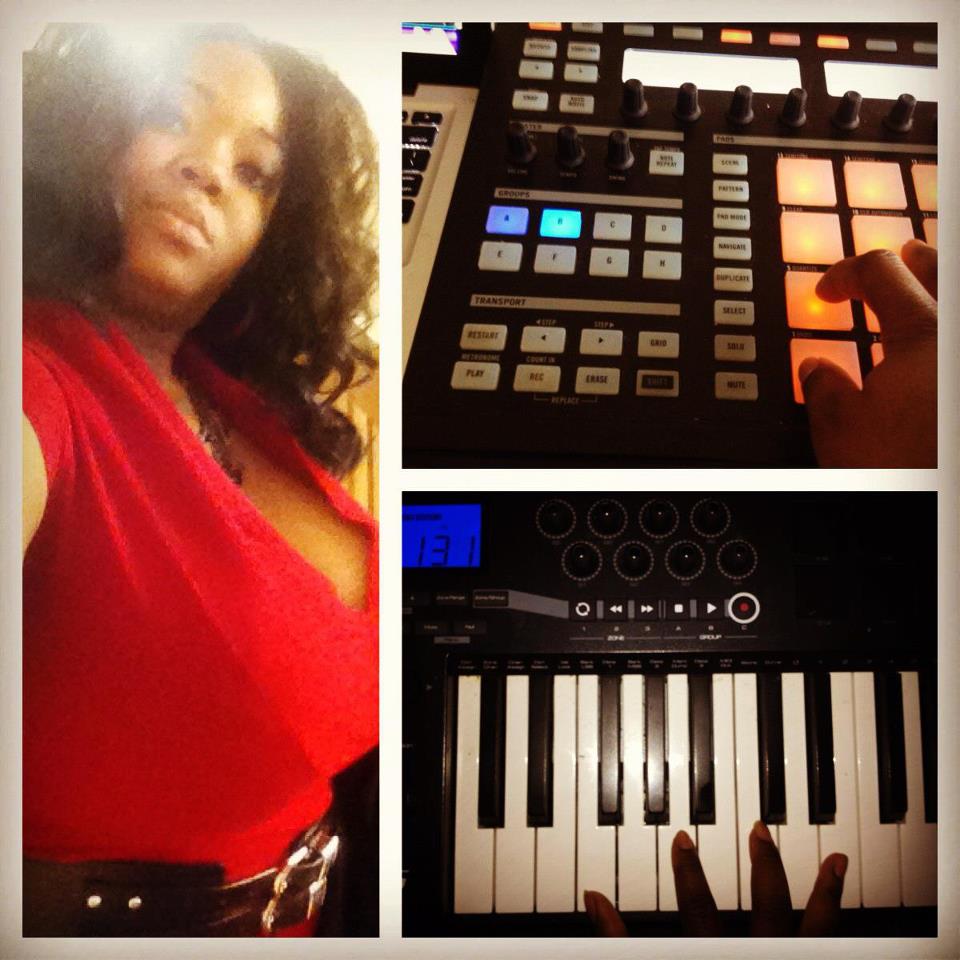
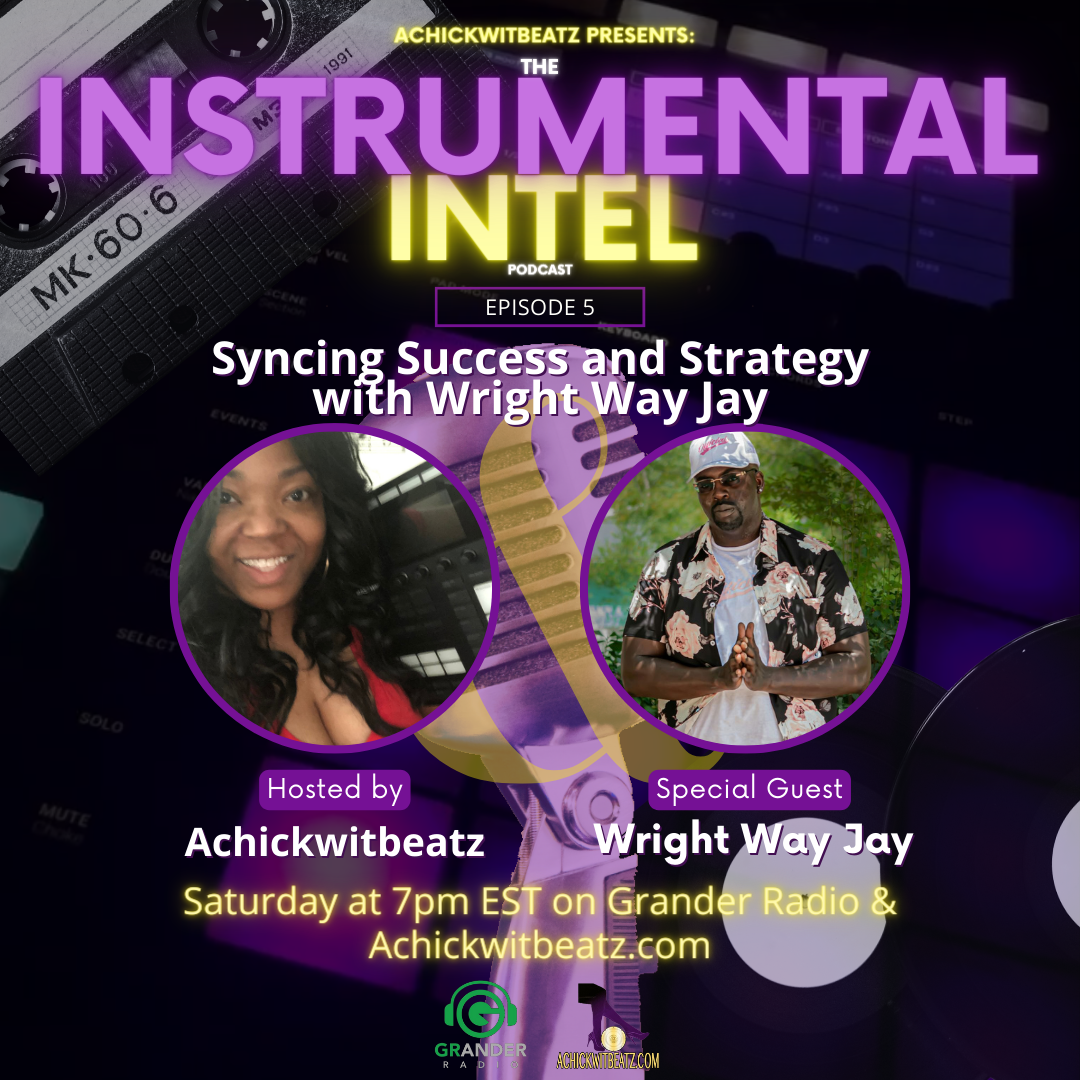






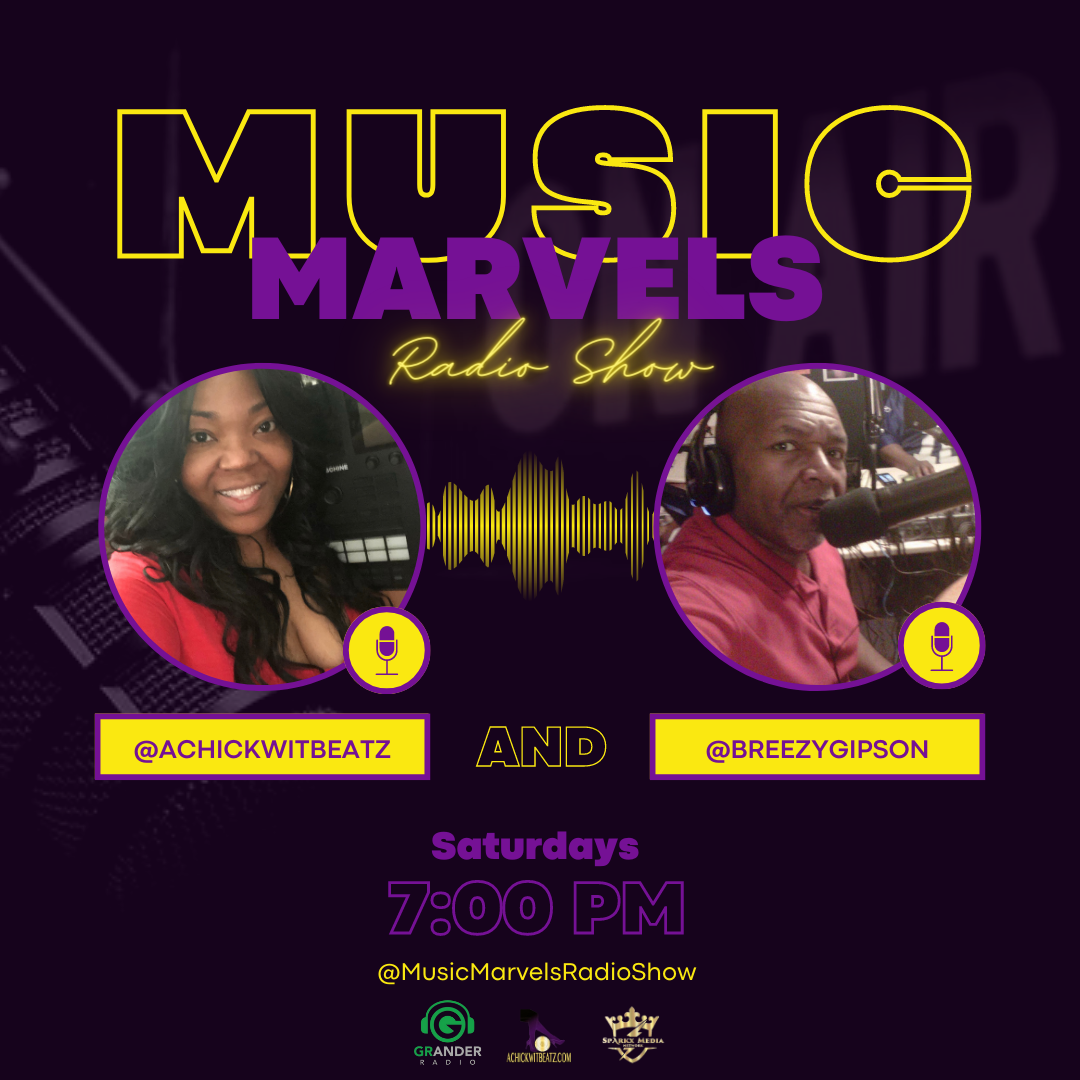
![Hear Here: Achickwitbeatz - Dopamine & Serotonin [Single]](https://images.squarespace-cdn.com/content/v1/52b0b90ae4b0293bfed0d692/1710852808557-EZYGFDIBHLBSIRFOVS1Q/Dopamine+%26+Serotonin.JPG)


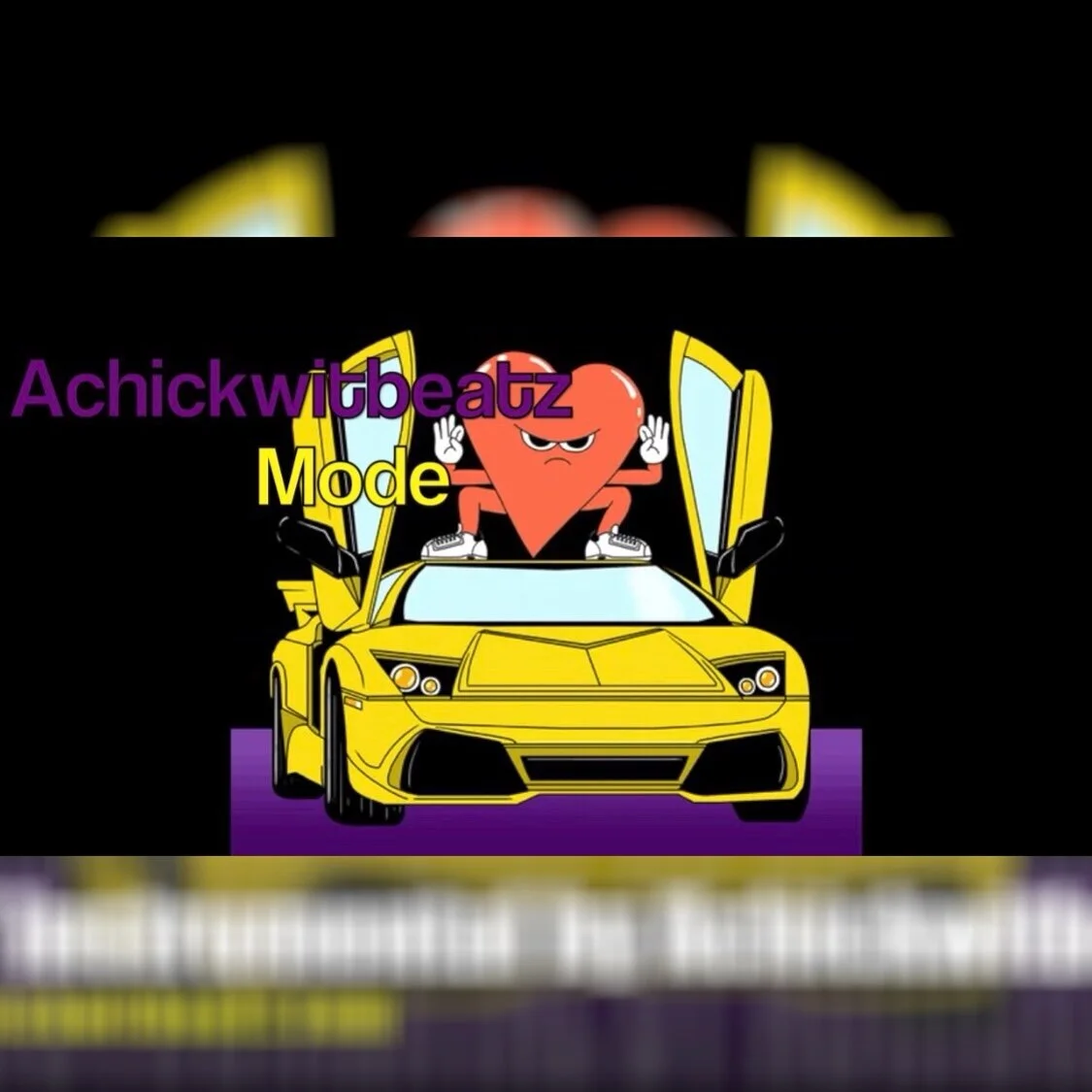
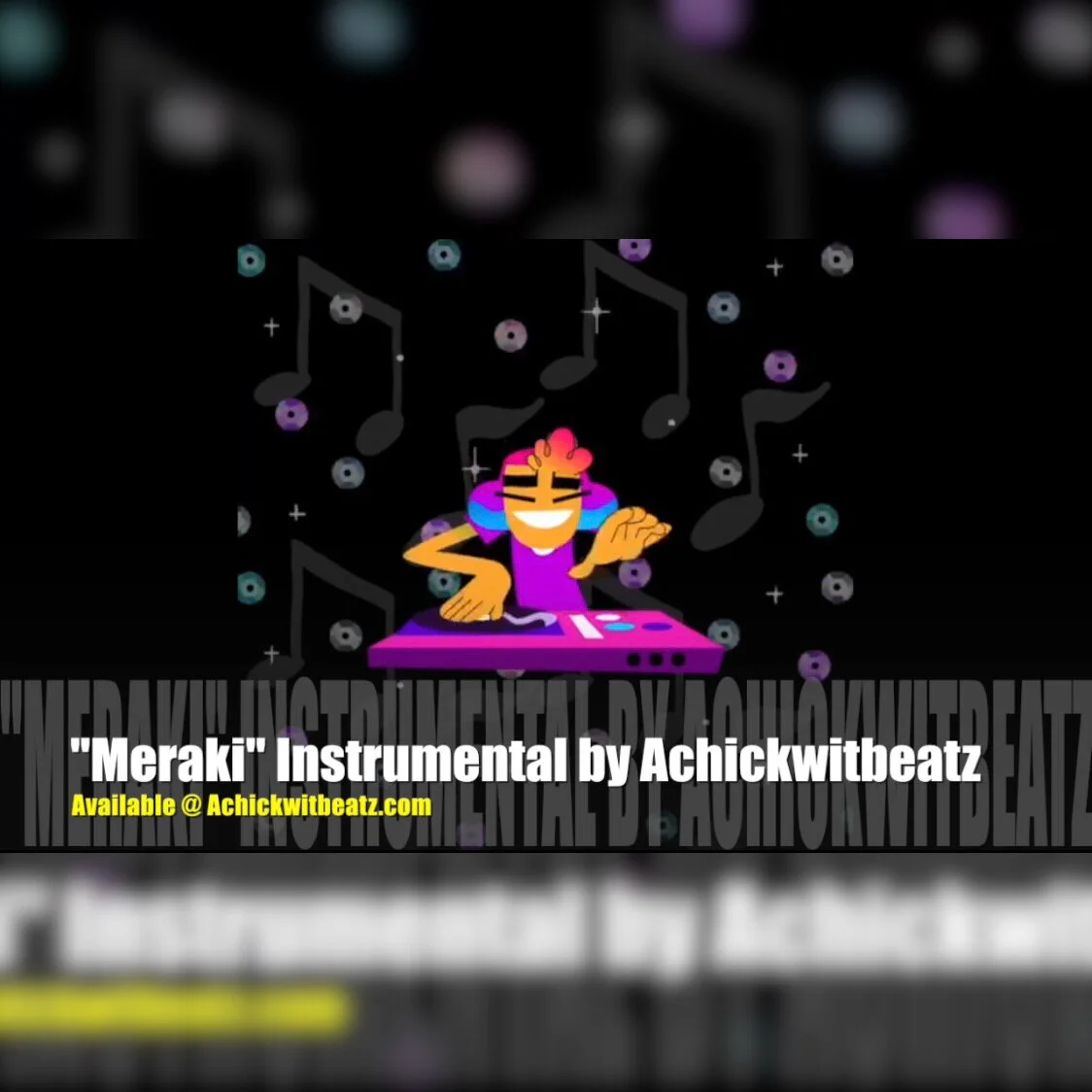





![Hear Here: Dagga Man- "Analytics" [Prod. by Achickwitbeatz]](https://images.squarespace-cdn.com/content/v1/52b0b90ae4b0293bfed0d692/1584638158548-9R55AZLWZIDFJC8LATV6/IMG_2212.JPG)







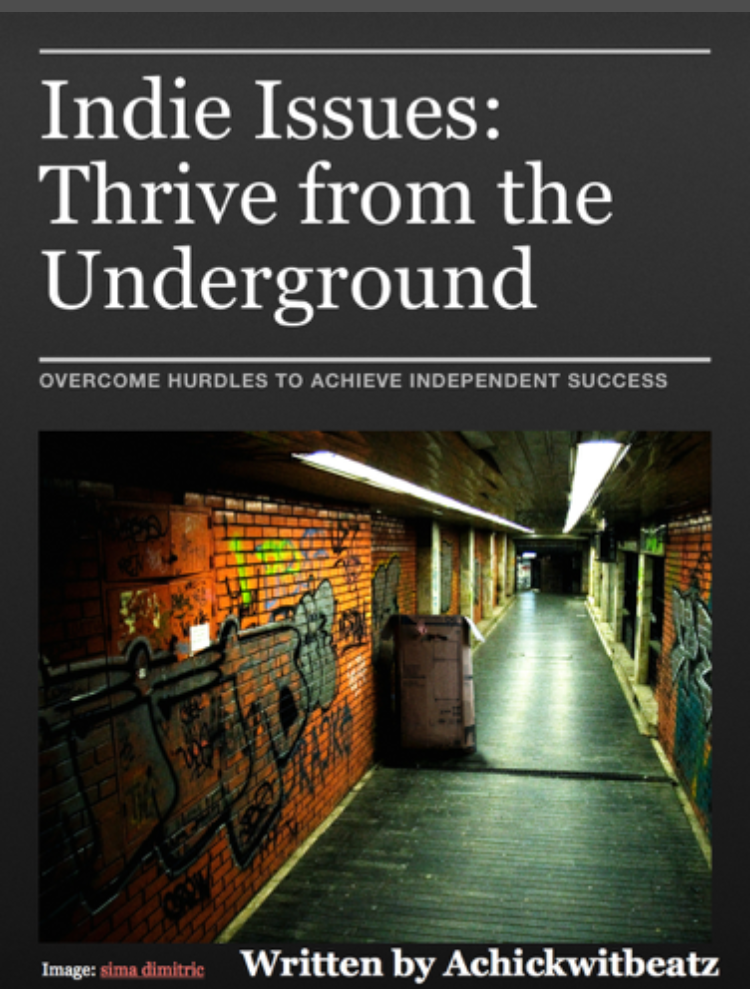
















![Making Music on a Budget [Infographic]](https://images.squarespace-cdn.com/content/v1/52b0b90ae4b0293bfed0d692/1582844361438-3JTE5NT3EL51FHXC0WJI/making-music-on_1929722%25281%2529.jpg)
